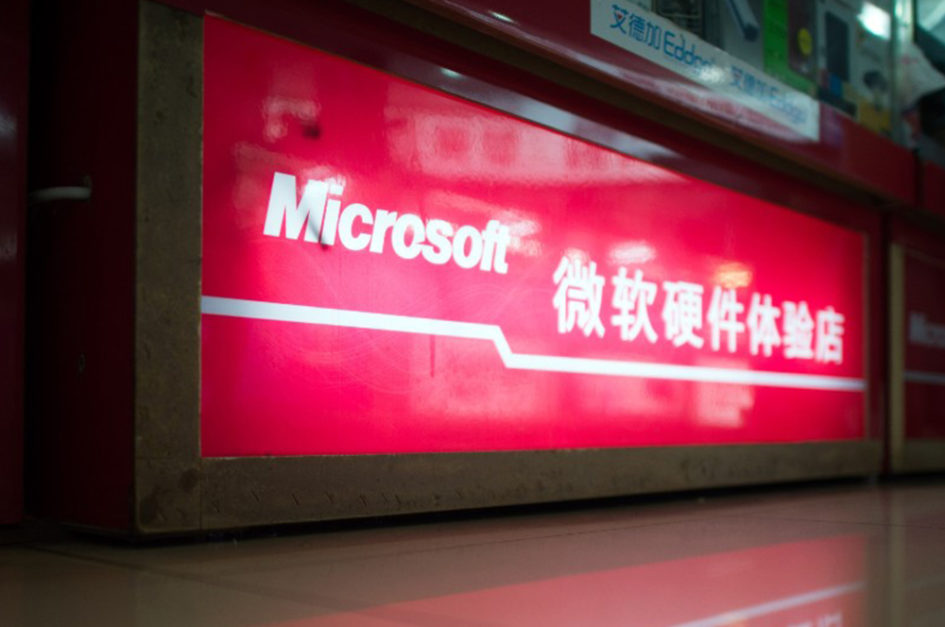When Microsoft completed its acquisition of the Nokia Devices and Services business in April of this year neither party was legally allowed to discuss details about the deal in public leaving experts and commentators to speculate about how things would change.
What is known is that Nokia devices Lumia, Asha and X series would all now fall under Microsoft’s umbrella with design teams, supply chain, accessories, employees, developer relations and most of Nokia’s manufacturing plants and testing facilities coming over as well.
In addition, as the largest producer of smartphones and one of the last nations to approve the deal, the Chinese government revealed 310 patents Microsoft could use to extract licensing revenue from Android device makers.
From the published documents on the Chinese Ministry of Commerce website it appears Microsoft has listed 72 patents as “standard-essential patents,” which are mainly related to networking and found in most smartphones. While another 127 patents are listed as being “implemented in Android”.
The move requires Microsoft to find a suitable method of transferring files to and from China as this is where the phones are made. It would need to be secure as there are numerous patents that are very valuable to the manufacturer.
In such a highly competitive market protecting patents can be key to giving companies a competitive edge. This becomes fraught with dangers however when transferring files to China, making privacy a priority when choosing a secure China file transfer product.
For starters, you need a file transfer product that can get your data through the Great Firewall of China without being deleted to censorship. Then once in China, your data has to navigate a landscape with no legally binding data protection laws.
Hence you have a thriving hacker culture that seemingly goes all the way to the top. A report by security firm Mandiant identified the Chinese military as the main instigator of cyber attacks on US companies and the US Justice Department recently indicted five Chinese military officers with stealing data from six US companies and unions.
And a system with weak network security from the technology to employees operating on it. A recent study by Cisco Systems into data leakage worldwide pulled China up as one of the countries with the most reckless employee behaviour.
Understandably with China being the world’s fastest-growing economy, second-biggest consumer market and most populous nation, being there is a priority for any major company. But sending your company data there shouldn’t mean putting it at greater risk particularly when it contains patented information.
To find out how to get your data past the Great Firewall and into the nation of opportunity, safely, soundly and up to 40-times faster than any other method, via Maytech’s FTP-Stream China click here.


Leave a Reply
You must be logged in to post a comment.